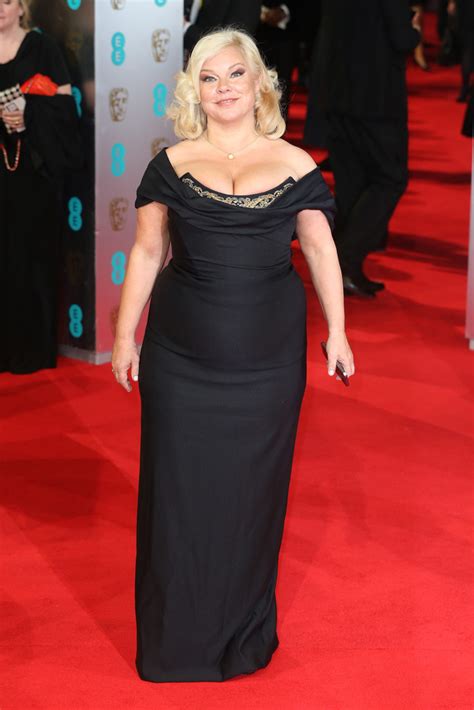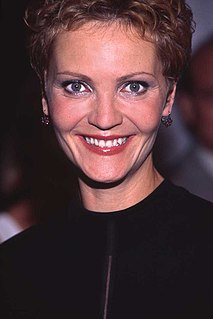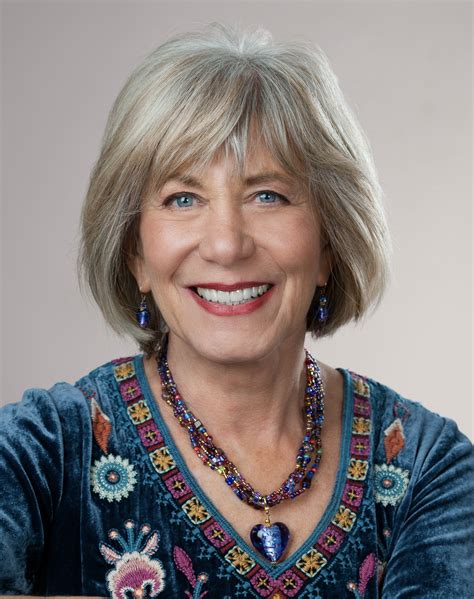A Quote by Sonia Rykiel
For the collection, I am like a painter or a writer. I may or may not be a character in my own story.
Related Quotes
Before I begin a novel I have a strong sense of at least one central character and how the story begins, and a more vague sense of where things may wind up, but at some point, if the novel is any good at all, the story and characters take on lives of their own and take over the book, and the writer has to be open to that.
The writer must always leave room for the characters to grow and change. If you move your characters from plot point to plot point, like painting by the numbers, they often remain stick figures. They will never take on a life of their own. The most exciting thing is when you find a character doing something surprising or unplanned. Like a character saying to me: ‘Hey, Richard, you may think I work for you, but I don’t. I’m my own person.’
I may not be funny. I may not be a singer. I may not be a damn seamstress. I may have diabetes. I may have really bad vision. I may have one leg. I may not know how to read. I may not know who the vice president is. I may technically be an alien of the state. I may have a Zune. I may not know Excel. I may be two 9-year-olds in a trench coat. I may not have full control of my bowels. I may drive a '94 Honda Civic. I may not “get” cameras. I may dye my hair with Hydrogen Peroxide. I may be afraid of trees. I may be on fire right now. But I'm a fierce queen.
If one loves stories, then one would naturally love the story of the story. Or the story behind the story, pick your preposition. It does seem to me to be a kind of animal impulse almost, a mammalian curiosity. For a reader to wonder about the autobiography in a fiction may be completely unavoidable and in fact may speak to the success of a particular narrative, though it may also speak to its failure.
One nourishes one's created characters with one's own substance: it's rather like the process of gestation. To give the character life, or to give him back life, it is of course necessary to fortify him by contributing something of one's own humanity, but it doesn't follow from that that the character is I, the writer, or that I am the character. The two entities remain distinct.
If there is a magic in story writing, and I am convinced that there is, no one has ever been able to reduce it to a recipe that can be passed from one person to another. The formula seems to lie solely in the aching urge of the writer to convey something he feels important to the reader. If the writer has that urge, he may sometimes but by no means always find the way to do it.
But the novels of women were not affected only by the necessarily narrow range of the writer's experience. They showed, at least in the nineteenth century, another characteristic which may be traced to the writer's sex. In Middlemarch and in Jane Eyre we are conscious not merely of the writer's character, as we are conscious of the character of Charles Dickens, but we are conscious of a woman's presence of someone resenting the treatment of her sex and pleading for its rights.
You may be perfect in playing the piano, and not be creative; you may play the piano most brilliantly, and not be a musician. You may be able to handle color, to put paint on canvas most cleverly, and not be a creative painter. You may create a face, an image out of a stone, because you have learned the technique, and not be a master creator. Creation comes first, not technique.








































